Malaysia’s 1st digital takaful operator bags RM5 mil, will spend one more year in BNM sandbox
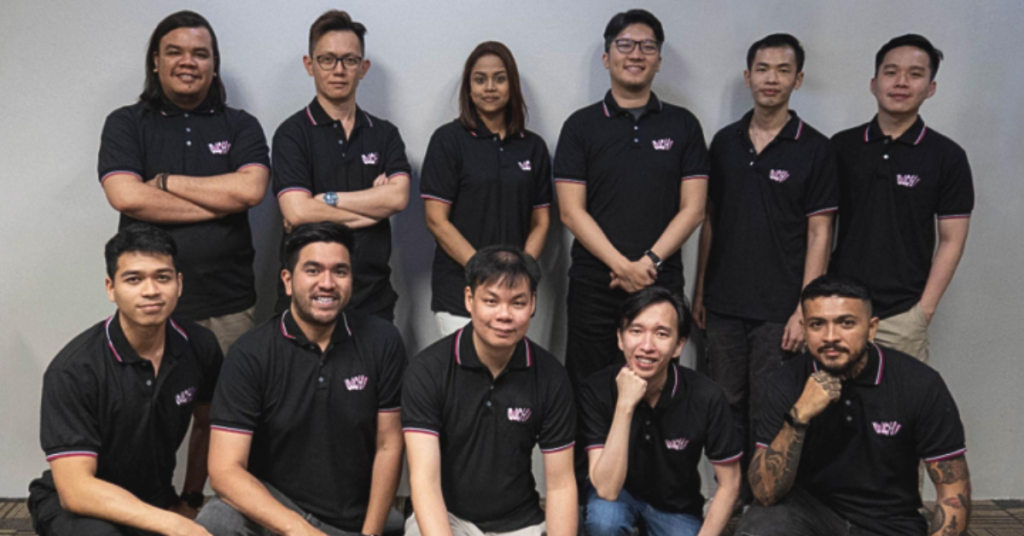
Homegrown insurance tech (insurtech) startup Ouch! has successfully bagged RM5 million in its recent pre-series A fundraising round from PPB Ventures.
Founded in 2018, Ouch! is a one-stop platform and app to educate users about their coverage/risks, purchase and manage digital insurance products, and make claims. The startup launched its first takaful product, Pusara Pro, last year.
On top of the fresh funds, Ouch! has also received an additional one-year extension to operate under Bank Negara Malaysia’s (BNM) Regulatory Sandbox. This will strengthen the startup’s goal to provide accessible takaful solutions.
This goal aligns with trends showing that Malaysia’s takaful market has been growing significantly. Specifically, the Malaysian Takaful Association reported a 7.55% increase in Family Takaful gross contributions from 2022 to 2023. That meant total contributions reached almost RM9 billion.
And Ouch! is meeting that rising demand for accessible, Shariah-compliant financial protection.
Acquiring the DITO license
The RM5 million funding will primarily go towards enhancing the startup’s technology infrastructure, expanding their market presence more rapidly, and continuing operation in the BNM sandbox.
Ouch! has been a participant of the BNM Regulatory Sandbox since 2021.
“Raising this round will also allow us more time to continue understanding and meeting customers’ needs in Malaysia in preparation for DITO,” CEO Shazy Noorazman told Vulcan Post.
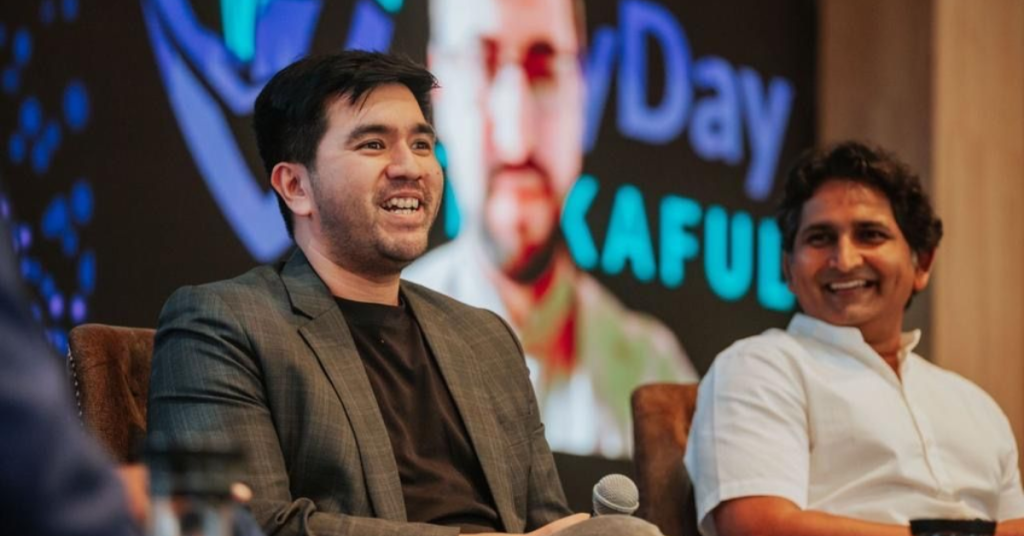
He’s referring to the DITO licence from BNM, with DITO standing for Digital Insurers and Takaful Operators. According to the press release, this licence will enable Ouch! to close critical protection gaps for Malaysians, especially young families.
Developing a proprietary system
Aside from the licence, the fresh funds will also go towards developing a proprietary core system to replace third-party solutions.
“This shift will give us greater control over our platform, improve efficiency, and allow us to offer a more seamless user experience,” Shazy said. “The cost efficiencies translated from these initiatives will enable us to provide more affordable and accessible takaful protection to our customers.”
This system will include several key components:
- A certificate management system to efficiently certificates and documentation.
- Product management solutions to allow the startup to rapidly develop and customise takaful products to meet evolving customer demands.
- Billing management systems to streamline the billing process for greater accuracy and convenience.
- A rewards and points system to implement a loyalty program for customers.
“Our strategy involves hiring the best local talent to simplify complex problems inherent to Malaysians,” Shazy said about these goals.
“Essentially, our company is built by Malaysians for Malaysians, with the ambition to help more people understand and afford takaful protection.”
Serving the underserved
Ouch! aims to establish a secure, digital platform to meet the needs of every Malaysian, considering approximately 30 million Malaysians are still underserved in terms of financial protection.
But how are they able to even reach this underserved community?
Shazy shared that Ouch! utilises social media and online advertising to meet them where they spend most of their time. The platform is also designed to be intuitive to ensure accessibility.
The startup also collaborates with family-centric organisations, charities, and events to increase visibility and credibility within the community.
Currently, there are over 16k existing registered users on the Ouch! platform.
Ouch! will continue to build on its growth, with plans to initiate their next fundraising round later this year to meet the minimum capital requirements for the DITO licence.
With the growing demand for takaful solutions, players aside from Ouch! will also aim to tap into the market.
“Competition is ultimately beneficial for Malaysians, and we welcome more parties to join us in making takaful more accessible and attractive,” Shazy said.
“We believe that takaful hibah should be an essential aspect of responsible financial planning. Thus, our focus remains on providing affordable, accessible, and user-friendly takaful solutions to meet the needs of our customers.”
Also Read: SDEC 2024 will explore the latest trends in semicon, AI & ecommerce, here’s how to join
Featured Image Credit: Ouch!
This M’sian couple’s biz specialises in breakfast sandwiches, but with a vegetarian twist
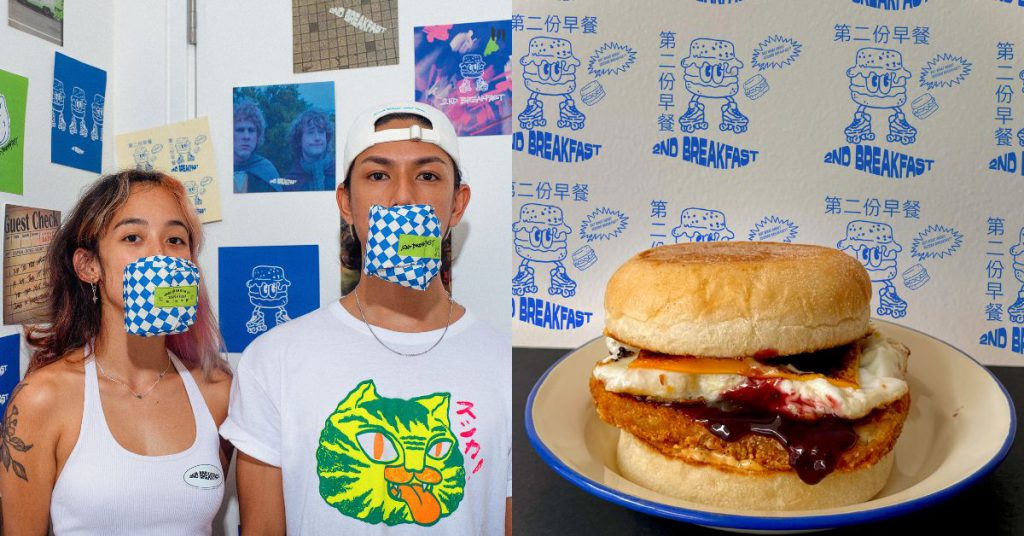
When it comes to breakfast sandwiches, the first thing that usually comes to mind for many is McDonald’s iconic Egg McMuffin. It’s a fast, familiar option that’s long dominated the scene.
While traditionally seen as a simple, convenient morning meal, these sandwiches, also known as English muffins, are now taking on more creative and elevated forms.
One business that is contributing to this trend is 2nd Breakfast, a pop-up venture started by Lara, 26, and Zaim, 28, in August 2022.
The inspiration behind 2nd Breakfast
According to Lara, the concept behind 2nd Breakfast began as something of a joke. She recalls a casual conversation with Zaim where he half-jokingly suggested they sell the breakfast sandwiches she frequently makes at home.
“I always wanted to own a cafe,” Lara shared with Vulcan Post, “But seeing how competitive the market is, especially post-pandemic, made that dream seem less realistic. I started thinking about a more manageable business, and breakfast sandwiches just made sense.”
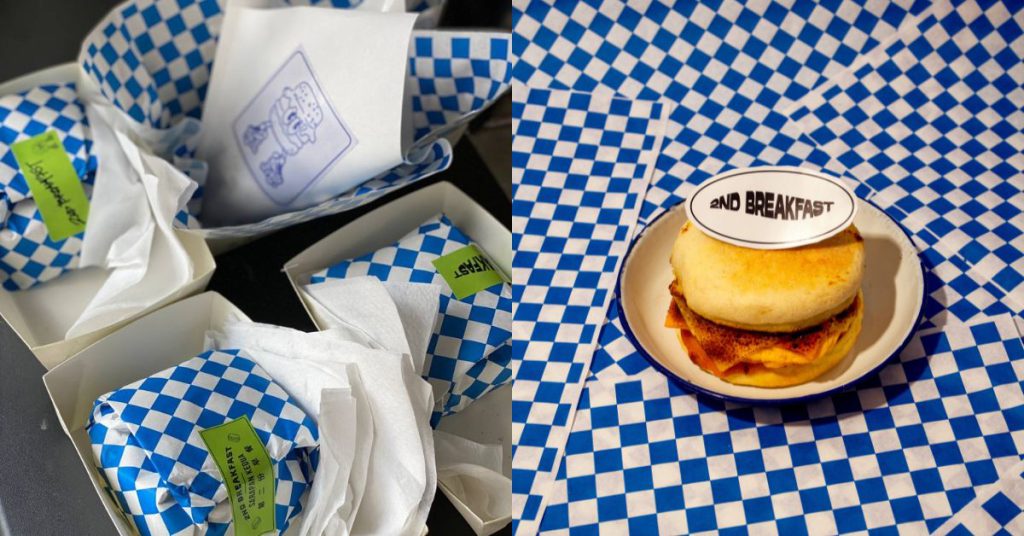
Inspired by her time spent in Vancouver, where she discovered a simple yet incredible breakfast sandwich from a small cafe run by a Korean couple, Lara set out to replicate and refine the concept in her own way.
From there, the couple spent months doing research and development, testing the menu with friends, and conceptualising the brand’s identity.
Lara and Zaim bring complementary skills to 2nd Breakfast. Lara, who has years of experience in the F&B industry, is the culinary mastermind behind the business. She is constantly experimenting with new recipes, keeping the menu fresh while ensuring quality in every bite.
Meanwhile, Zaim, who has a background in film and design, handles the branding and visual identity, giving 2nd Breakfast its distinctive look and feel.
In January 2023, they launched their first pop-up. Ever since, they have quickly gained a following, attracting both loyal customers and curious newcomers by offering a casual yet artfully crafted experience.
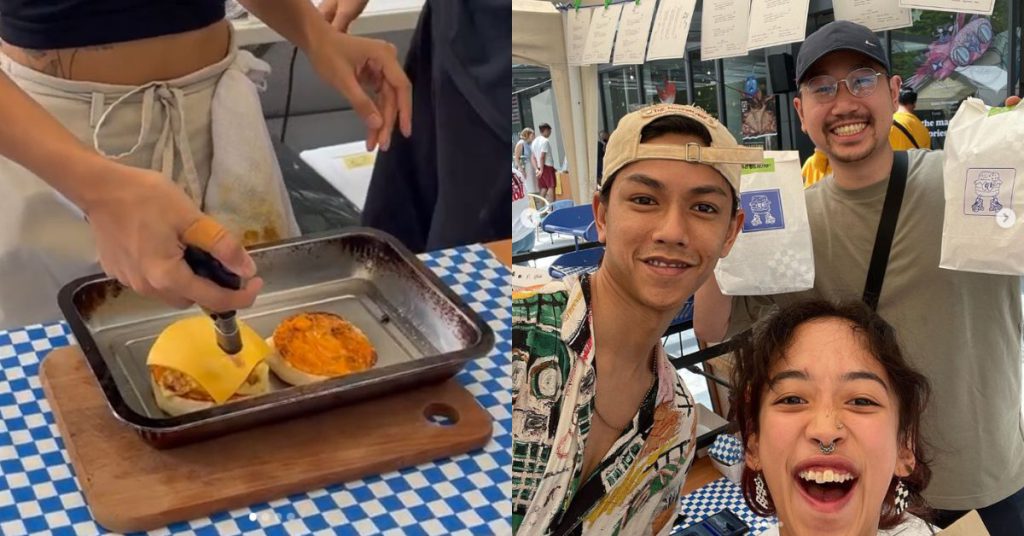
Why breakfast sandwiches?
Breakfast sandwiches have been gaining popularity for their versatility and simplicity. Last year, we featured another pop-up business, Beaming, specialising in English muffins.
But what makes 2nd Breakfast different? It’s in the details, they answered.
“Each business does their version of a breakfast sandwich differently,” Lara explained. “I haven’t had any breakfast sandwiches quite like ours.”
While most breakfast sandwiches typically involve eggs, cheese, and some kind of breakfast meat, 2nd Breakfast has taken a different approach.
Their menu is entirely vegetarian. For Lara, the decision to go vegetarian wasn’t just a business move—it came from her own experience. “I’ve been vegetarian for much of my life,” she explained.
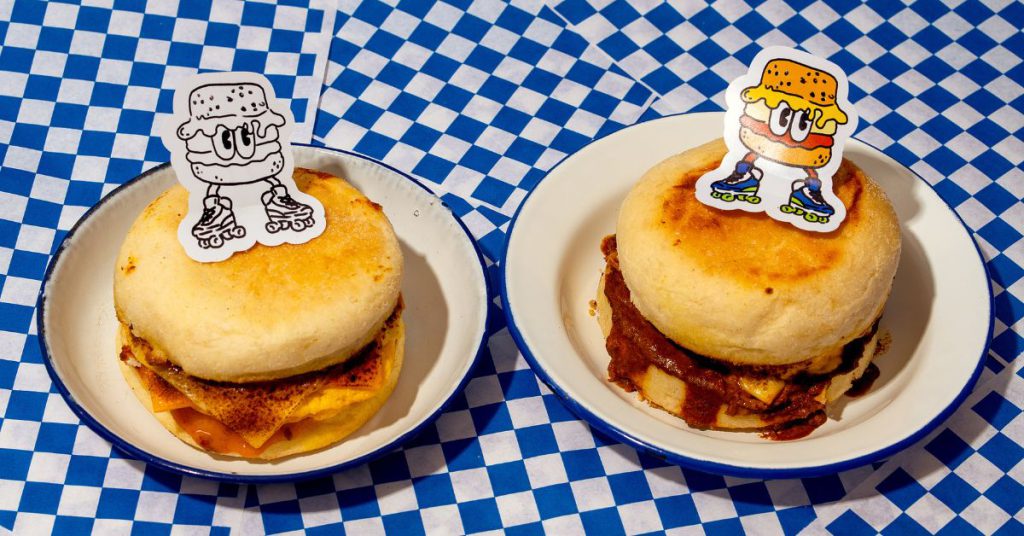
“When we started, I realised I wasn’t comfortable handling meat in the kitchen, and I didn’t want to serve something I wasn’t confident in. Plus, there weren’t many vegetarian options for breakfast sandwiches in KL, so we thought, why not?”
However, if you browse through their Instagram page, they don’t advertise the fact that their menu is vegetarian. “We want people to try our food for the flavour, not because it fits into a specific dietary category. At the end of the day, good food is just good food,” she said.
Their best-selling sandwich is an egg and cheese muffin with a twist—each sandwich comes with a variety of flavourful sauces and fillings, making every bite an experience. And while it’s vegetarian, even meat lovers find themselves returning for more, the duo said.
Building a community beyond the food
Lara and Zaim have made it a point to cultivate an atmosphere where people can come together, meet like-minded individuals, and enjoy more than just a meal.
They’ve hosted several events, including techno parties where guests can eat breakfast sandwiches and dance the night away—a niche combination that somehow works.
The pair emphasises the importance of community in their business. “We like to tell people that 2nd Breakfast is about food, community, and art,” Lara said. “Those are the core pillars of what we do.”
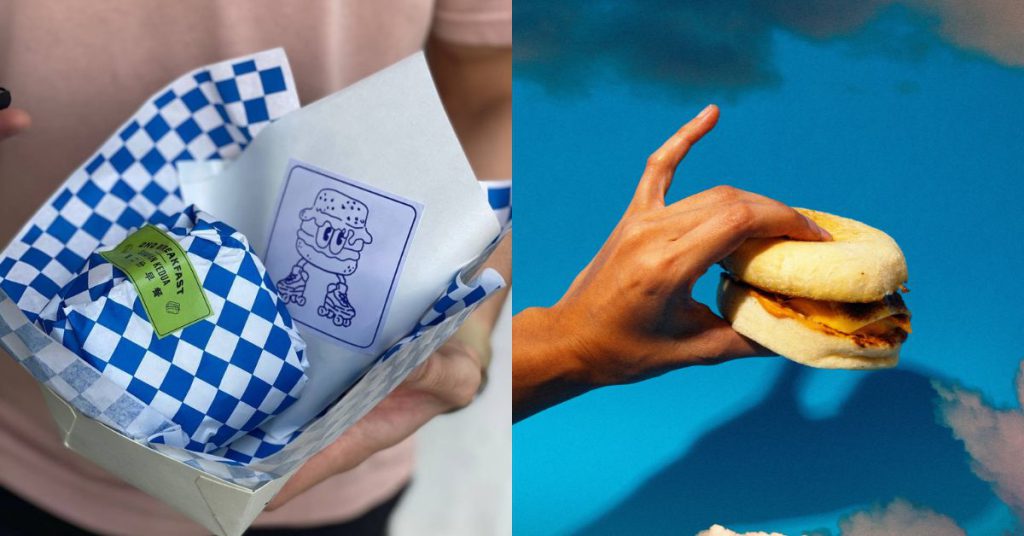
They aim to create a space where people can connect, whether through their food or through the events they host. This sense of community is what keeps customers coming back, not just for the sandwiches but for the experience, the couple said.
Lara and Zaim have also found that the pop-up model allows them to explore different communities and reach a diverse customer base.
“In just over a year, we’ve done more than 20 pop-ups, some at markets and others at local music events,” Lara shared. “We’ve built connections with other vendors and event organisers, which has opened up new opportunities for us.”
The pop-up appeal
There’s something special about the pop-up food scene. Unlike brick-and-mortar restaurants, pop-ups offer a sense of exclusivity and urgency.
The irregular schedule of their pop-ups has created a sense of anticipation among fans who eagerly wait for the next chance to grab one of their sandwiches.
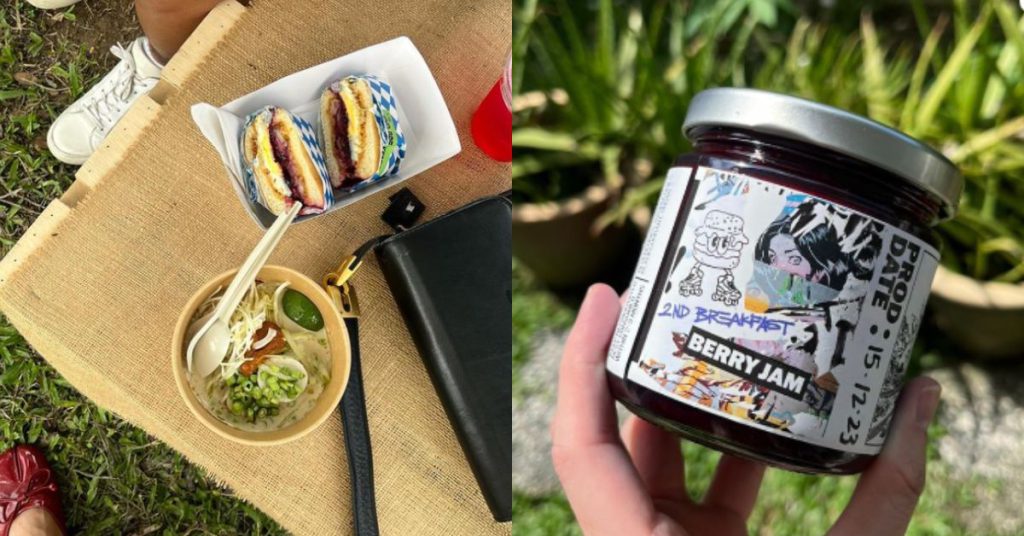
“People have told us they’ve been waiting for their turn to try a 2nd Breakfast sandwich, and I think that anticipation makes it all the more special,” they noted.
While the pop-up model has its challenges—like dealing with unpredictable weather and labour-intensive setups—Lara and Zaim find the rewards far outweigh the difficulties.
“There’s something very special about sharing a space with other entrepreneurs who are just as passionate about what they’re doing,” Lara and Zaim explained. “It makes being self-employed less scary, knowing there’s a whole community you can turn to.”
What’s next for the business?
As 2nd Breakfast continues to grow, Lara and Zaim are exploring new opportunities while staying true to their roots.
“I think for the moment, my current goals are to operate more consistently by running more delivery days out of my home, to get a gauge as to how sustainable running the business a bit more full-time is,” shared Lara.
Lara also expressed interest in expanding the business with more capital or potential investment. “In the future, I see us possibly customising a truck or some kind of mobile unit that fits our brand identity and business model,” she said.
Reflecting on their experience with pop-ups, Lara enjoys the idea of staying mobile and exploring different communities rather than being tied to a single location.
“I can’t really see myself opening a brick-and-mortar store. The overhead costs and competition might be too high for us to manage. But then again, you never know what the future has in store,” she added.
As pop-up businesses like this continue to gain popularity, it seems that breakfast no longer just has to be a morning affair—it’s something worth enjoying any time of the day. And for Lara and Zaim, that’s exactly what 2nd Breakfast is all about.
- You can learn more about 2nd Breakfast here.
- Read other articles we’ve written about Malaysian startups here.
Also Read: 5 scenarios in which you would appreciate having the reliable ASUS Vivobook 16 for work
Featured Image Credit: Raisa Azzam
Age didn’t stop this 73 Y/O S’porean from starting a coffee kiosk from her kitchen window
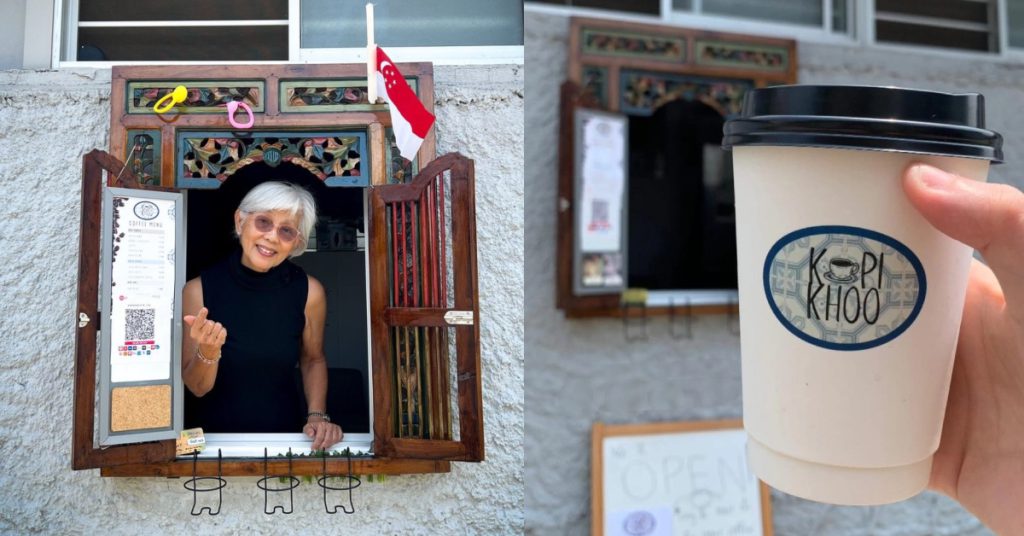
For most people, Joo Chiat is pretty much synonymous with the trendiest cafes, popular eateries, and vibrant hipster hangouts.
Yet, it’s a rather inconspicuous terraced house that’s been garnering attention lately. Nestled along an alleyway on Tembeling Road is Kopikhoo—a literal hole-in-the-wall takeaway coffee kiosk operated by 73-year-old Paulin Khoo.
If you were to walk past, you might easily miss it—save for its distinctive Peranakan-style wooden window, which sticks out from the back of Paulin’s home.
The chatty barista offers a simple menu, with drinks including Americanos and lattes starting from S$3.50.
But why start a coffee kiosk at 73?
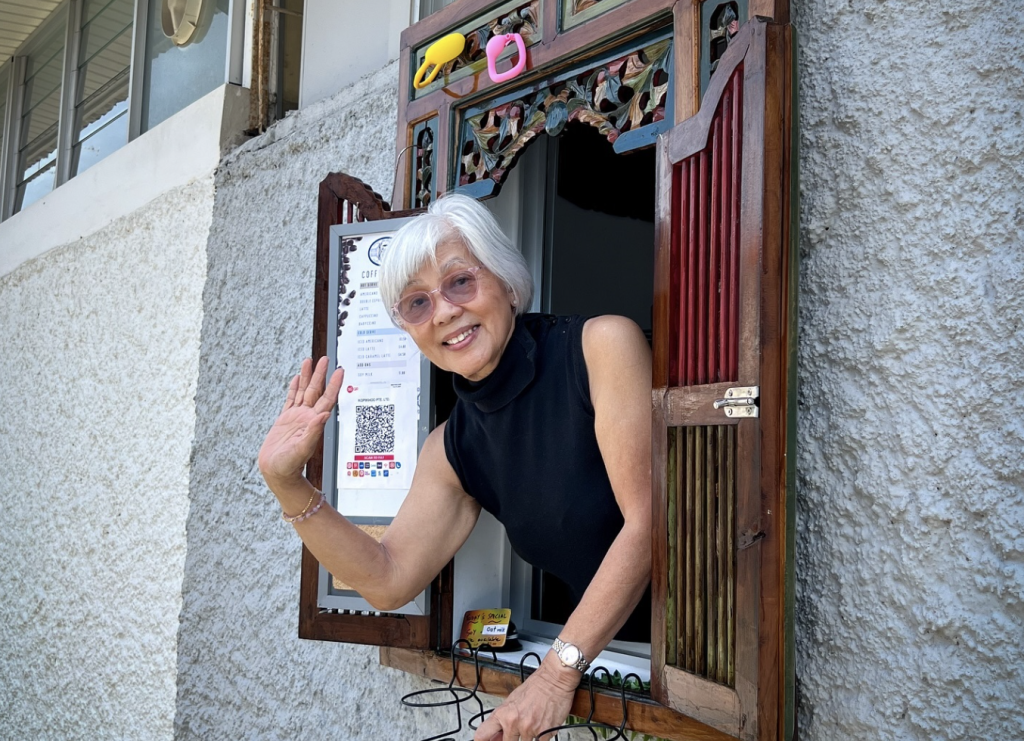
Paulin lives with her son Nicholas Khoo and his family in their two-storey, six-room home. When asked why they decided to start the venture, Nicholas shared they wanted to give Paulin something fulfilling to do during her retirement.
Paulin, who retired in 2005 after a career as a preschool teacher, has spent the years since caring for her five grandchildren. Now that they’ve grown older, Nicholas came up with the idea for his mother to run Kopikhoo, taking inspiration from other cafes in the area.
“We thought [starting Kopikhoo] would be a good way to keep her active,” said Nicholas. “She enjoys meeting and talking to people, and she loves the idea especially since it’s from the comfort of our home.”
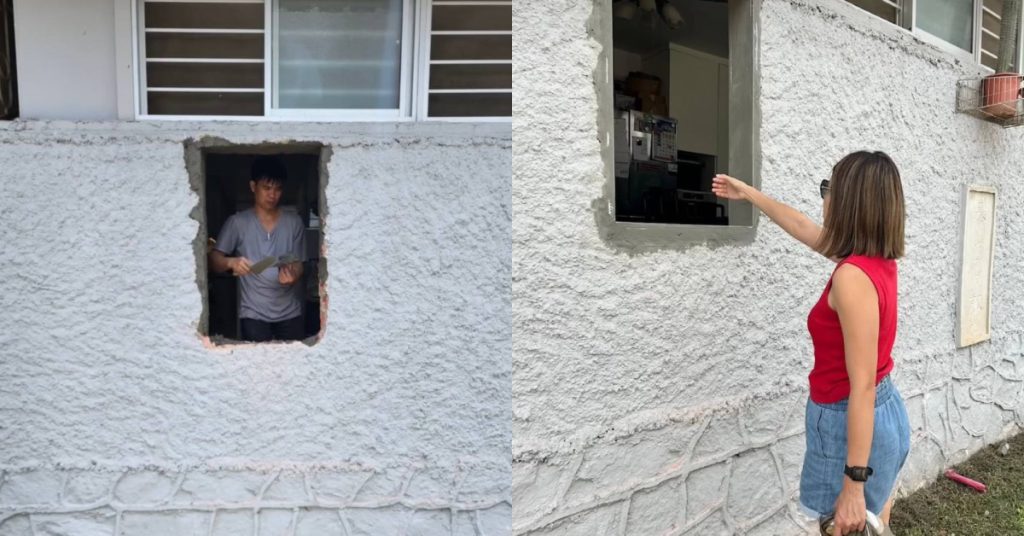
To set up Kopikhoo, the family spent one month on renovations, and another on planning and perfecting their coffee recipes.
We asked the kids to help come up with the logo, and my eldest daughter came up with the winning design.
The renovation was quite straightforward too—we had help from a previous cafe owner who sold us his coffee machine on exactly what we needed, like where to place the water point, electric point, and other essentials.
Nicholas Khoo
All in all, it set them back about S$9,000, with S$6,000 going towards renovation costs and S$3,000 for the coffee machine.
She has mastered the precise measurements of their recipes
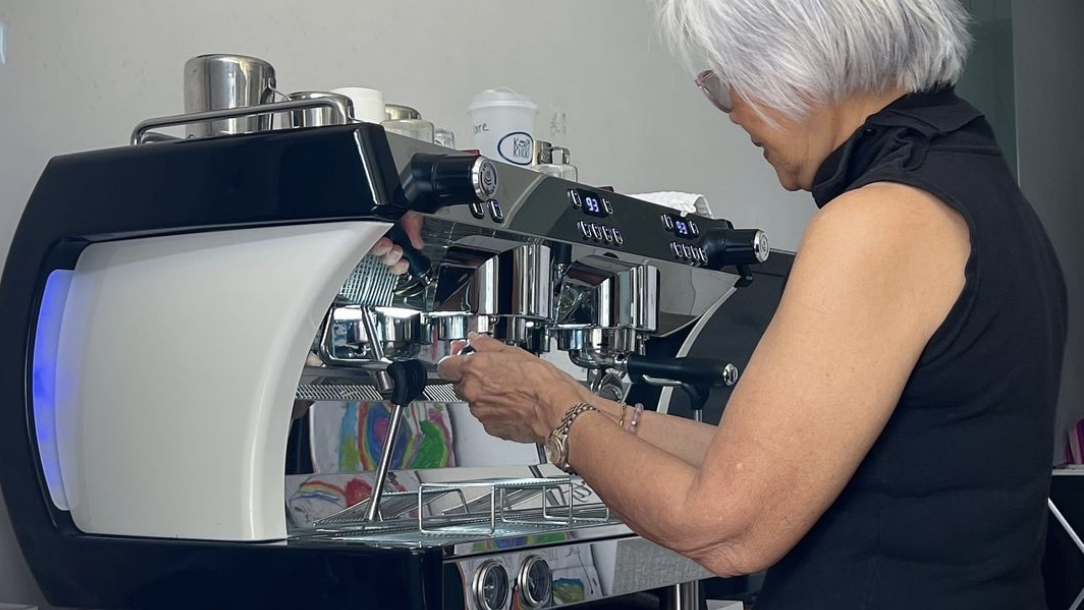
Paulin learnt to brew coffee from her son Nicholas—though the 48-year-old works in marketing, he picked up coffee-making during the COVID-19 pandemic.
However, she was initially hesitant. Paulin was “very scared” when her son first introduced her to the “unfamiliar and complex” coffee machine, and the 73-year-old had also long avoided coffee due to her gastric issues.
“The key challenge was making sure that our coffee is produced consistently,” said Nicholas. “At 73 years old, it’s really about having a simple system of preparation that can be replicated across all drinks, and to have a simple menu that is easy to calculate and prepare.”
After a month of practice, Paulin has mastered the precise measurements of their recipes. Though she can’t drink too much coffee, she still made it a point to sip some in the process of perfecting her recipe.
We also started with a soft launch in mid-July and sold tasting cups for S$2 each for my mum to practise and test out the machine—that was very helpful as it gave her a lot of confidence.
Nicholas Khoo
They sell an average of 50 cups of coffee every day
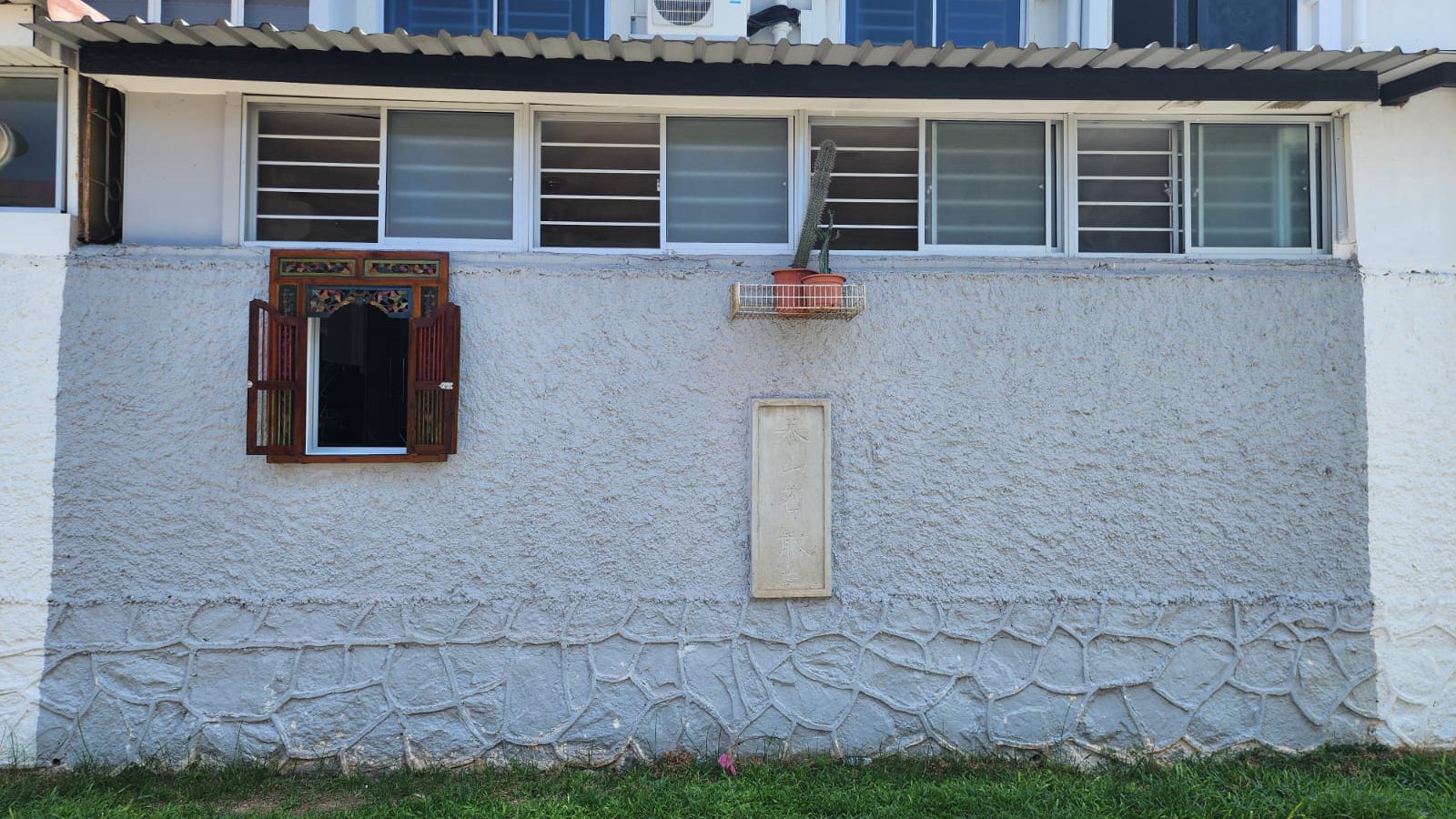
The business officially opened on September 25, which also happens to be Paulin’s birthday. She currently runs the shop by herself on weekdays, while Nicholas and his family pitch in on weekends and occasionally during the week.
“On weekends or after school, the kids help out from time to time,” said Nicholas. “My wife and I, on the other hand, provide support when it comes to managing Kopikhoo’s social media, inventory, and financing, so it frees up time for my mum to focus on running the business and building relationships with the community—the community around us, after all, is our main support pillar.”
Though the business had a slow start with “very little” foot traffic, Nicholas shared that it was his mum’s persistence in reaching out to passersby at their window that helped the business pick up.
Thereafter, we gained more support as our fans posted us on TikTok, and with media firms increasing our exposure. I think, initially, we were selling roughly 30 cups a day and now it has grown to about 50 cups a day.
Nicholas Khoo
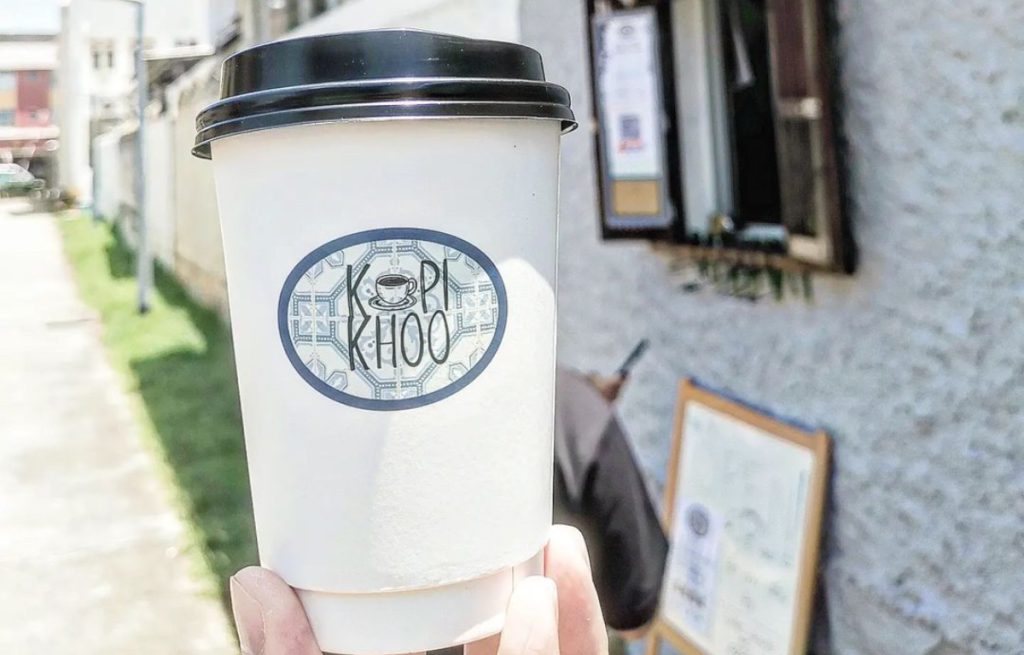
While they haven’t made any profit yet—breaking even for material costs and a “limited salary” for Paulin would require the kiosk to sell about 100 cups of coffee per day—the Khoos remain optimistic.
“We are working hard towards it,” said Nicholas. Once the business stabilises, Kopikhoo is looking to introduce a simple food takeaway menu that will pair well with their coffees.
“We might also review our price structure by end of this year again,” he added. “But for now, we will try our best to keep prices affordable so that our regulars can come back for more without feeling a dent in in their pockets.”
Beyond financial goals, Nicholas hopes that Paulin will inspire both the younger generations as well as people of her generation to “be entrepreneurial and experience life—to just try”.
For Nicholas, the most rewarding part of this journey has been witnessing his mother’s resilience and uncovering her entrepreneurial spirit. “I would not have seen this side of her if not for Kopikhoo,” he shared.
And as for the kids, watching their grandma in action from the back of our kitchen has definitely shaped their understanding of what entrepreneurship is really about—at any age, nothing is impossible when it comes to running a business or pursuing a passion. You just have to break the norms and take the path less travelled.
Nicholas Khoo
Embark on your startup journey with MAS-regulated ANEXT Bank, one of Singapore’s first digital banks for SMEs.
Also Read: 8 years into running their cafe, this S’porean couple found a new coffee niche to tap into
Featured Image Credit: Nicholas Khoo/ yhh.photo via Instagram